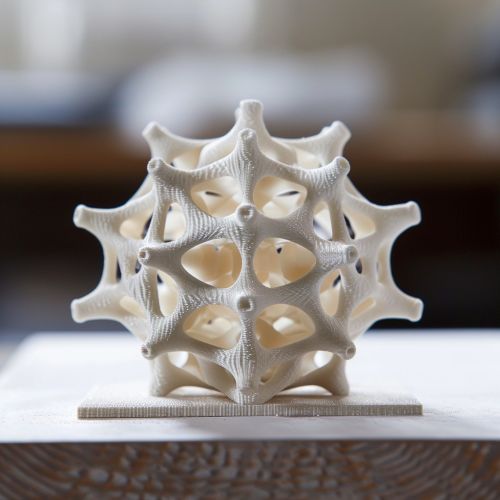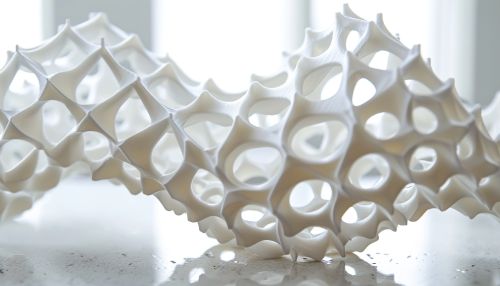Point-set topology
Introduction
Point-set topology, also known as general topology, is a branch of mathematics that studies the properties of topological spaces and the abstract concepts defined on them. It serves as a fundamental tool in many areas of mathematics, including algebraic topology, differential geometry, and functional analysis.
Definition of a Topological Space
A topological space is a set endowed with a structure, called a topology, which allows the definition of continuous deformation of subsets. This structure is given by a collection of subsets, known as open sets, which satisfy the following conditions: 1. The empty set and the whole space are open. 2. Any union of open sets is open. 3. The intersection of any finite number of open sets is open.
Basis for a Topology
A basis (or base) for a topology on a set X is a collection B of subsets of X such that: 1. For every x in X, there is at least one basis set containing x. 2. If x belongs to the intersection of two basis sets B1 and B2, then there is a basis set B3 containing x that is a subset of the intersection of B1 and B2.


Continuous Functions
In point-set topology, a function between two topological spaces is called continuous if the inverse image of every open set is open. This definition generalizes the concept of continuity from calculus.
Homeomorphisms
A homeomorphism is a continuous function between topological spaces that has a continuous inverse function. Homeomorphisms are the isomorphisms in the category of topological spaces—that is, they are the mappings that preserve all the topological properties of a given space.
Separation Axioms
Separation axioms are conditions in point-set topology that a topological space may satisfy. The most common are: 1. T0 space: For any distinct points, there is an open set containing one but not the other. 2. T1 space: For any distinct points, there are open sets containing each point but not the other. 3. T2 space, or Hausdorff space: For any distinct points, there are disjoint open sets containing each point.
Compactness
A topological space is said to be compact if each of its open covers has a finite subcover. Compactness is a topological property that generalizes the notion of a set being closed and bounded in Euclidean space.
Connectedness
A topological space is connected if it cannot be divided into two disjoint nonempty open sets. This concept is related to the intuitive idea of a space that cannot be broken into pieces.
Metric Spaces
A metric space is a set where a notion of distance (called a metric) is defined. Metric spaces are an important class of topological spaces, and all metric spaces are topological spaces.
